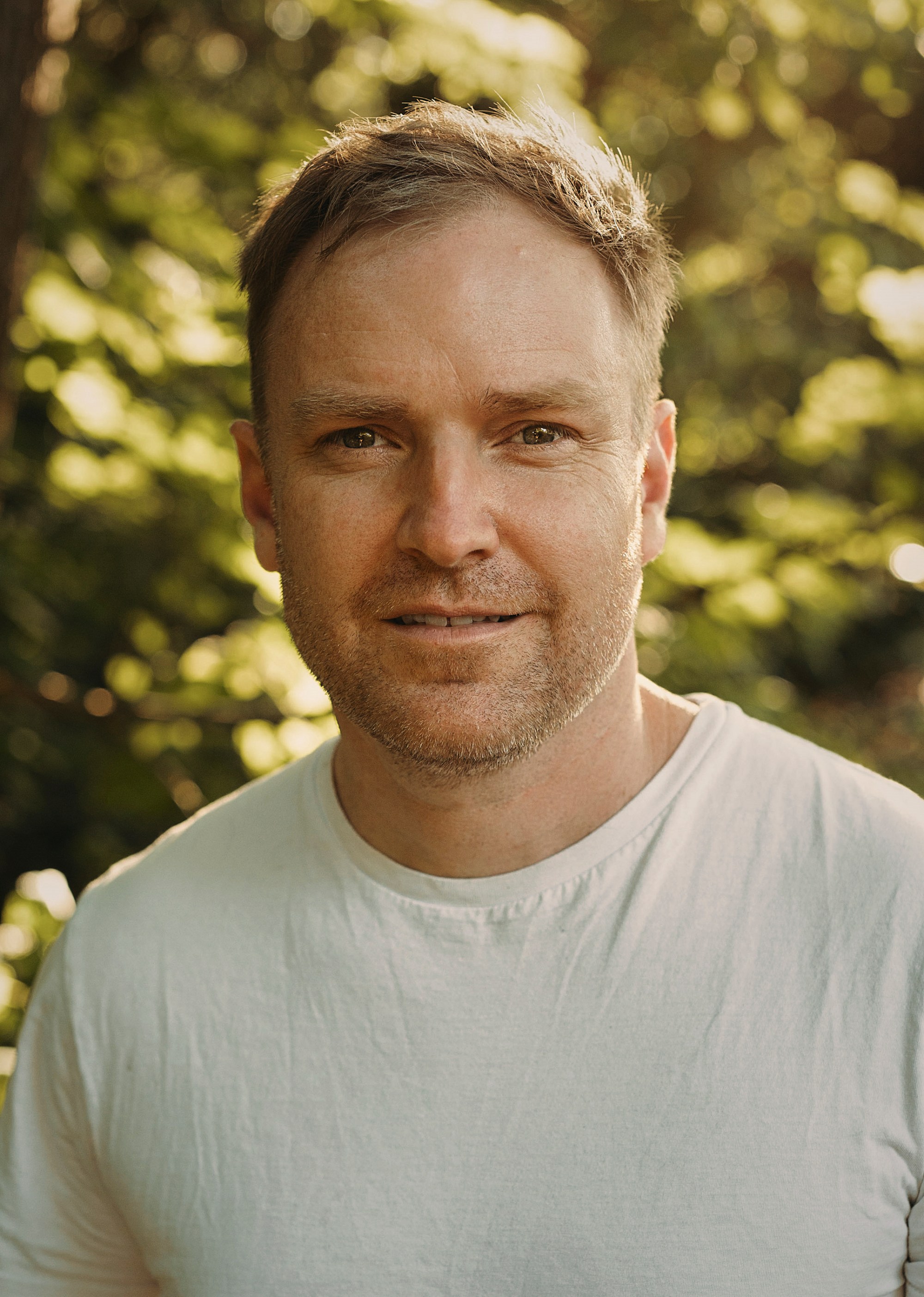
- Film
Docs: Director Reed Harkness on “Sam Now”
Twenty-five years ago, Reed Harkness began making short adventure films with his father’s Super 8 camera starring his 11-year-old younger half-brother, Sam. Eventually, the pair decided to film their 2,000-mile road trip to solve a family mystery: Sam’s missing mother. Jois had walked out of their lives when Sam was young and never made contact again. But that all changed when the brothers’ detective work on this trip, fully documented on film, cracked the case and changed their lives forever.
Drawing on a vast archive of fictional films, home videos, and intimate family interviews, the documentary Sam Now also explores themes of intergenerational trauma and mental health that will resonate with audiences. We spoke to Reed Harkness by phone recently about the long-awaited release of his first feature-length documentary and Sam’s coming-of-age journey from 11 to 36.
Did you always want to be a filmmaker?
When I was young my grandmother would take me to arthouse films. I loved making movies in any way that I could, which is why my original VHS camera evolved to working on film, developing my own film, editing and updating every time the camera formats changed over the years. The result in this film is a collage of mediums, ideas, and filmmaking techniques which I loved putting into it.
Was it tough to turn 25 years of footage into one film?
The biggest challenge was trying to tell a story with a narrative arc and using all these scraps and pieces of footage to do that. Tons of stuff came from a very raw place or was shot in a way where it was, like, “I can’t even believe that I have any usable footage of that or that the audio worked!” I was trying to make sense of it all in the moment but editing it many years later felt like a thousand-piece jigsaw puzzle. All the pieces have to fall into place for the thing to work.
What do you hope audiences get from the film?
I really believe that relationships are the most valuable thing we have. I would hope that, when people watch the movie, they find some kind of place in themselves, like a screw turned or something that opens up, so they can think about their place in their own family, their connection to themselves and their own narrative.
You are Sam’s brother and the director of the film. How did you navigate the personal and professional roles with each other?
I’m still working on my relationship with Sam in terms of what is a healthy balance of wearing these hats of filmmaker and brother. We made a deal during the process that we would hang out at least as much without any talk of filmmaking as there was getting together with talk of filmmaking or actual filming. That was a huge win for us because we were able to just create safety with each other to know that we could check in about anything in our world and it not always be about the film.
How did Sam feel about all that footage becoming a film?
I took a lot of time and was really careful in when and how I would approach Sam about that stuff. I would think, “I only get to ask him this once and it’s today.” I didn’t want to just keep interviewing him forever and bring up trauma. He gave me carte blanche, saying “I trust you to do this, but it really has to come from you.” What he meant by that was: don’t let anybody else interfere with how you tell it. (Reed’s voice cracks)
I’m sorry I’ve made you emotional.
I get emotional all the time around this stuff because it unlocks different parts of my experience over 25 years carrying this thing. I started making short films with Sam at age 11. He was acting out situations that were representative of my experience just a few years before coming of age. First I let him into my world and emotional landscape. Then he let me into his, throughout the really long journey of making this movie.
You touch on how his mother’s abandonment created trauma in Sam’s life. Why did you want to include such personal observations?
I am pretty sure that most families have something like this within their family narrative. It might not be a parent that goes missing, but it’s something. So often, as I point out in the movie, we are all looking the other way, which can be hurtful. My family does it. Sam does it with his own emotions. I do see it in the intergenerational trauma everyone deals with. I kept reminding Sam, “Dude, it’s not just us.”
The film opens April 6 in L.A., April 7 in NYC, and national select cities to follow. In addition, the film will broadcast on PBS Independent Lens on May 8, 2023.

